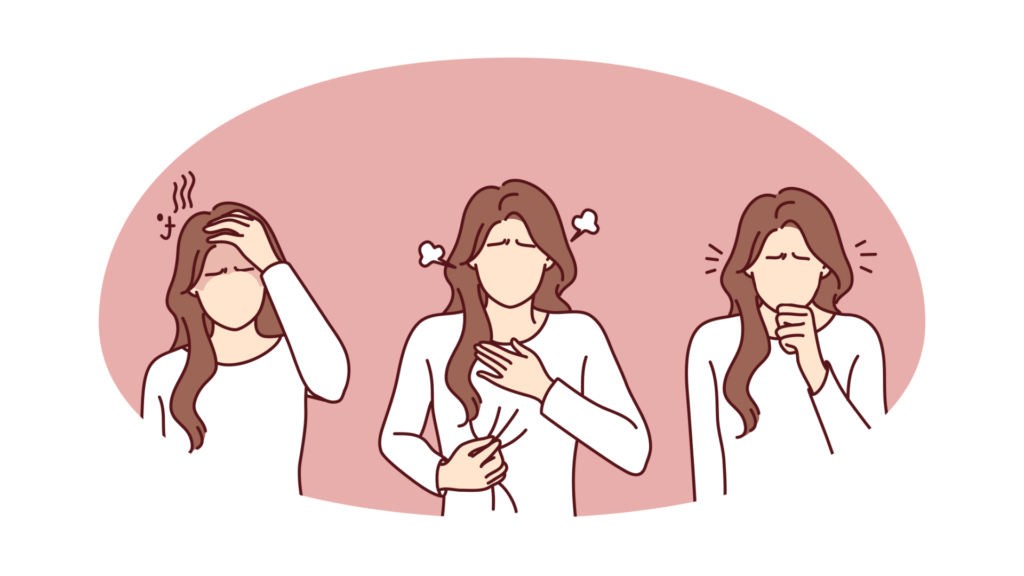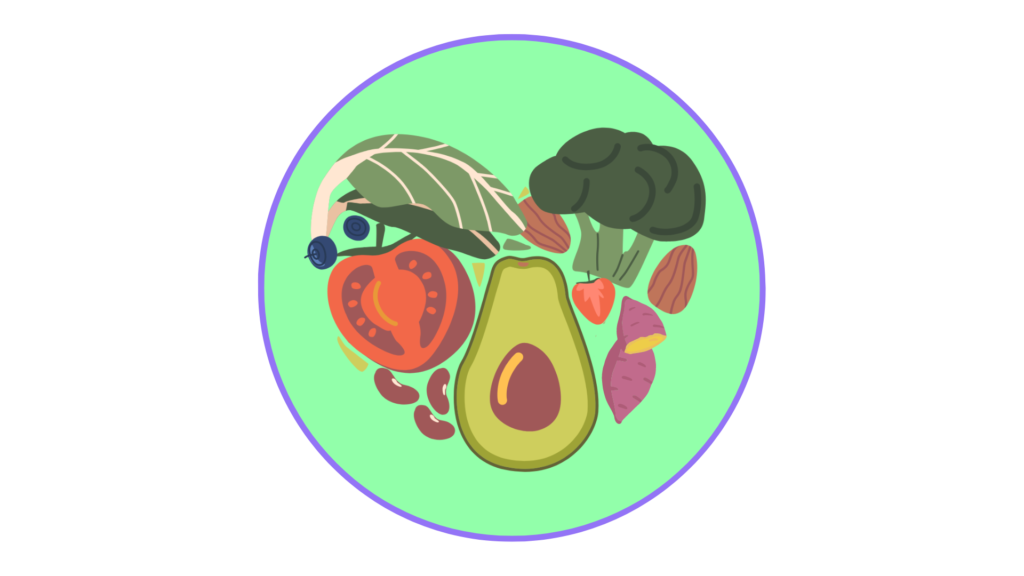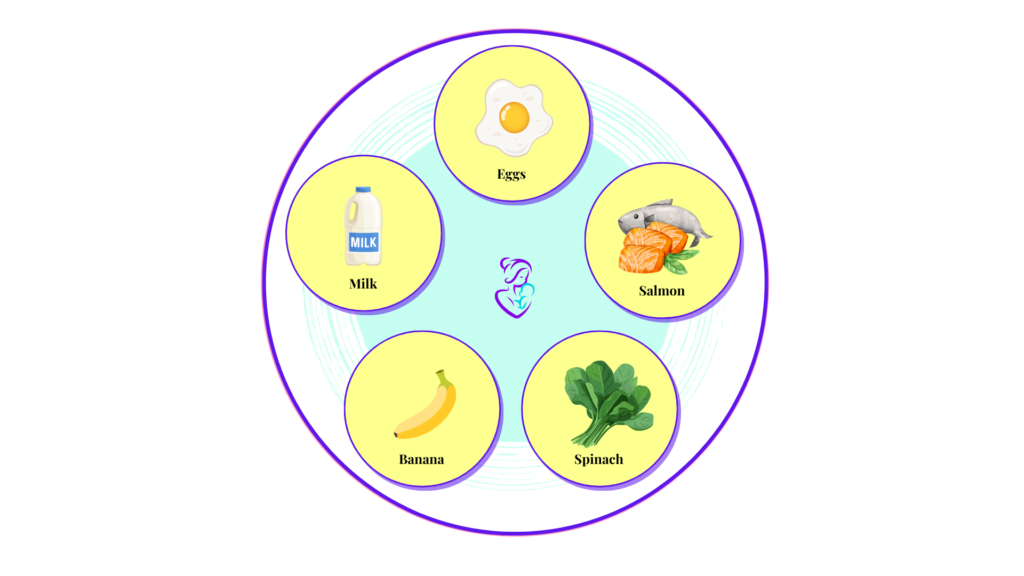Pregnancy Symptoms
Published : 22/05/2024
Last updated: 25/06/2024
There are no specific pregnancy symptoms during the early weeks of pregnancy. Usually, mothers do not realize they are pregnant during the first month. The first symptom that expectant mothers notice is missed periods. It should be noted that the beginning of a pregnant woman’s pregnancy is considered from the first day of her last menstrual period (LMP).
How to know if you are pregnant or not?
As we know, the first noticeable symptom of pregnancy is the cessation of periods. Apart from this, some other symptoms may be present in some cases. For example:
• Light vaginal bleeding
• Headaches
• Breast tenderness when pressed
• Nausea
• Feeling tired
• Abdominal discomfort or feeling bloated
• Increased amount of white discharge
• Cramping pains in the lower abdomen similar to period or menstrual cramps
• Frequent urination
• Aversion to a favorite food or a strong desire for a new food
• A strange taste in the mouth
• Heightened sense of smell
But it is not possible to say for sure that you are pregnant if you have these symptoms because some of them may occur before menstruation, in some cases. For example, breast pain, flatulence, and a strong desire for certain foods. Many people do not experience any symptoms after becoming pregnant, which can delay the realization of conception.
The most reliable way to determine if you are pregnant is by taking a pregnancy test. You can easily find out at home with the help of a pregnancy test kit, available at general drug stores or pharmacies. Additionally, you can visit a nearby clinic, health center, hospital, or gynecologist’s office for a pregnancy test.
How many days after intercourse should you take a pregnancy test?
If you’ve missed a period for a month and had unprotected sex in the past—meaning sex without using contraception (condoms, pills, injections)—you should take a pregnancy test as soon as you notice your period hasn’t started on its due date.
If you don’t know the expected date of your period, you can still find out if you’re pregnant by taking a test at least 21 days after unprotected sex. Additionally, there are many advanced pregnancy test kits available these days that allow you to determine whether you’re pregnant or not as early as nine days after conception.
How does a pregnancy test work?
Purchase a pregnancy test kit or box from your nearest pharmacy or supermarket for a home pregnancy test. A pregnancy test can be conducted by taking a urine sample at any time of the day. Pregnancy test kits or sticks typically show results within a few minutes after urinating on the stick. Since each type of test kit is different, be sure to carefully read the instructions on the box before use.
Learn more about pregnancy tests here.
What to do if you’re pregnant?
After confirming the pregnancy through a pregnancy test, the first step is to contact a healthcare worker or, if possible, a gynecologist for a check-up and follow their advice. During this period of pregnancy, it is generally recommended to follow these guidelines:
• Take 400 micrograms of folic acid daily for the first 3 months or up to the 12th week of pregnancy. Folic acid is available in tablet form.
• You can take 10 micrograms of vitamin D tablets daily.
• There are various risks of infection during pregnancy, so avoid consuming raw or undercooked food during this time.
• To maintain the good health of the baby in the womb, avoid smoking, drinking excessive amounts of tea and coffee, and consuming alcohol.



